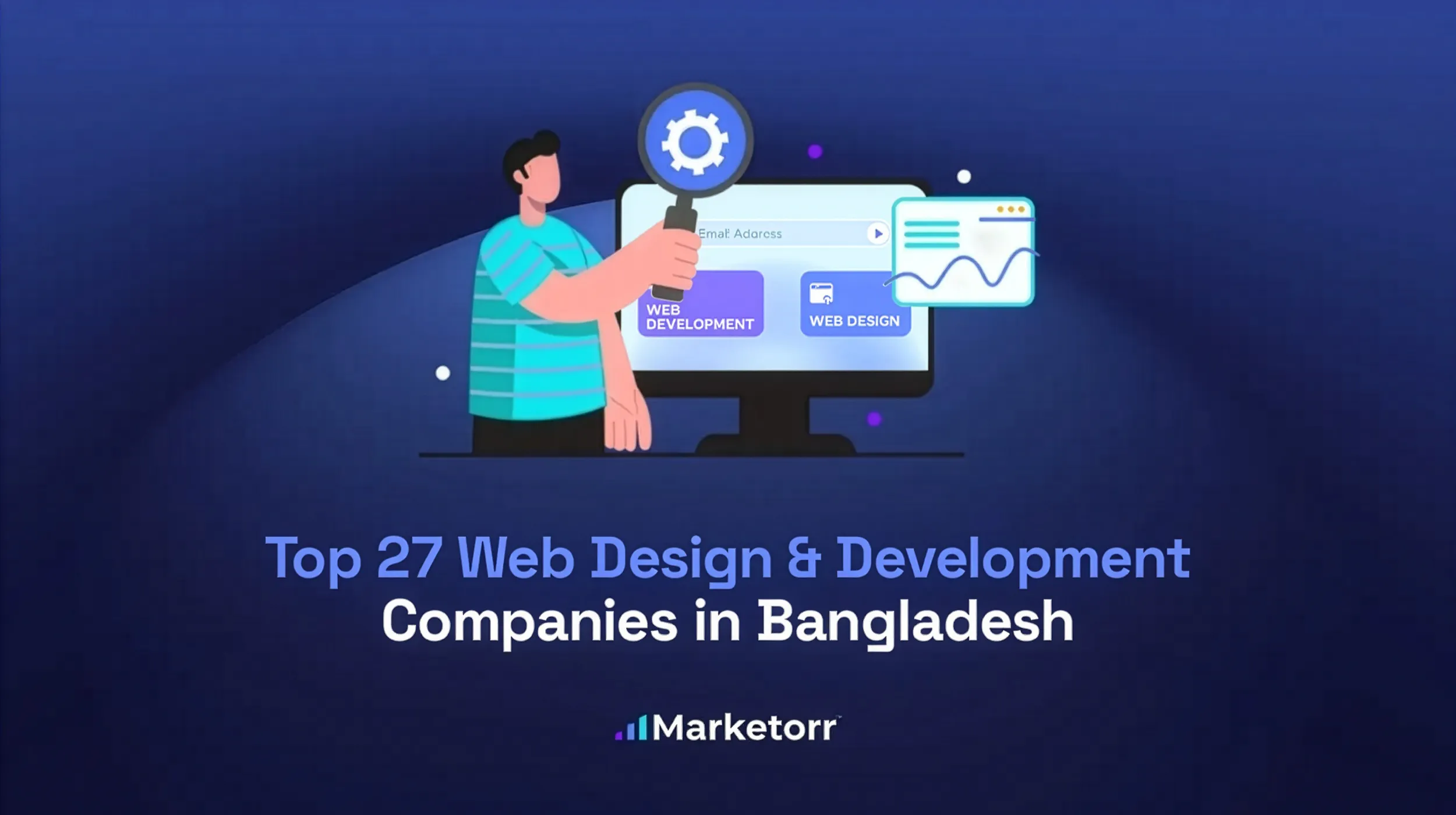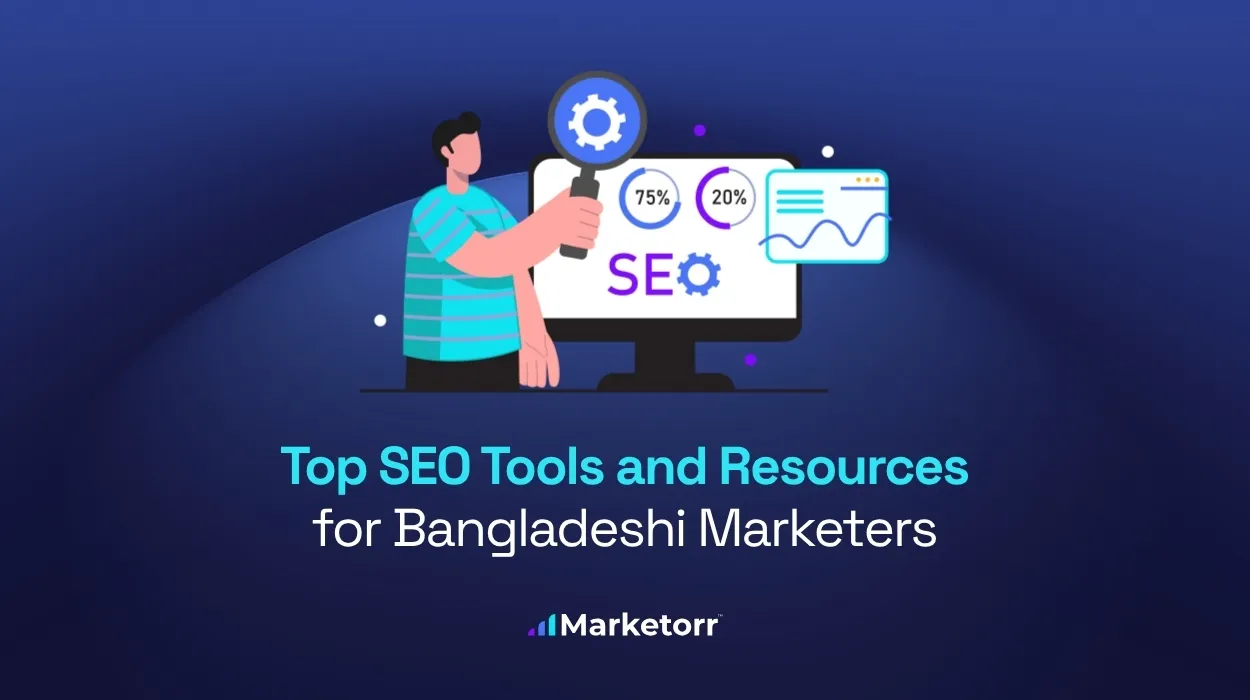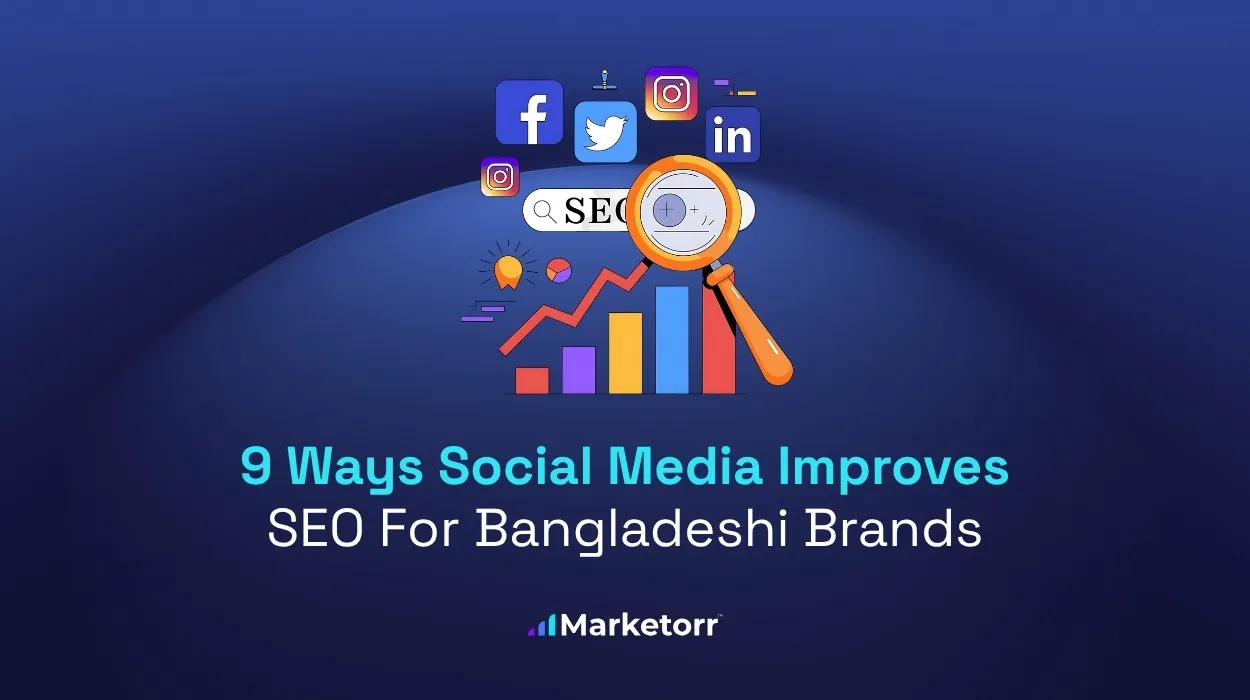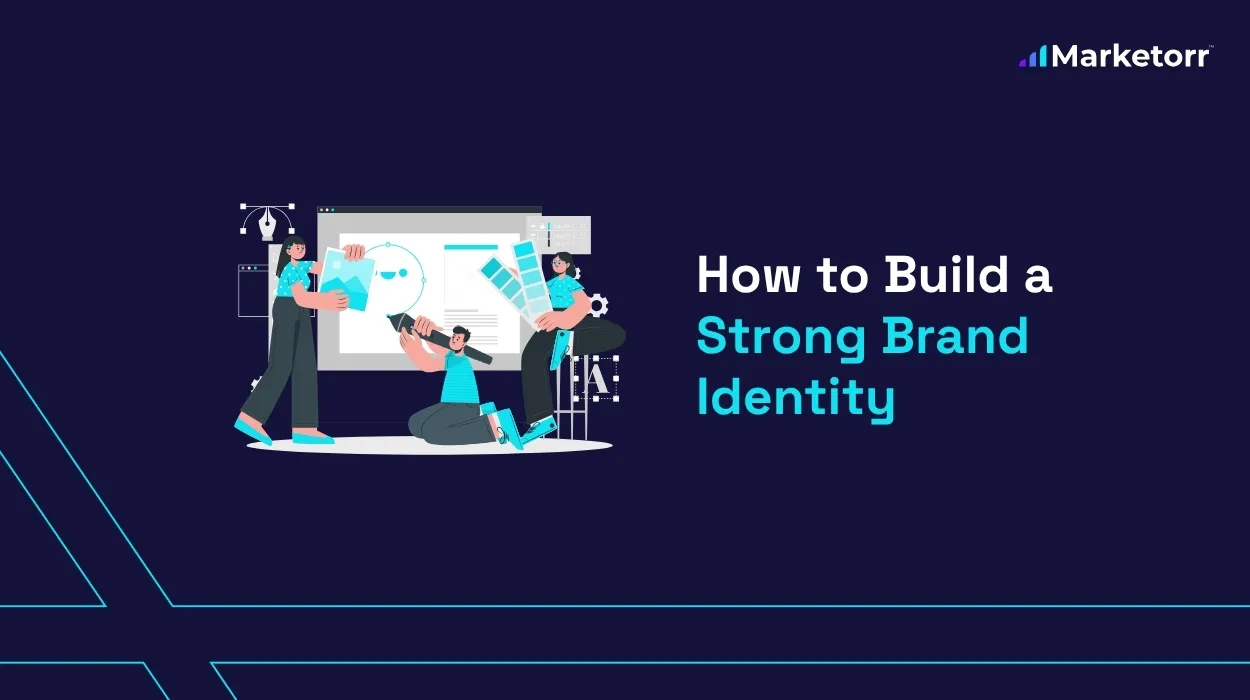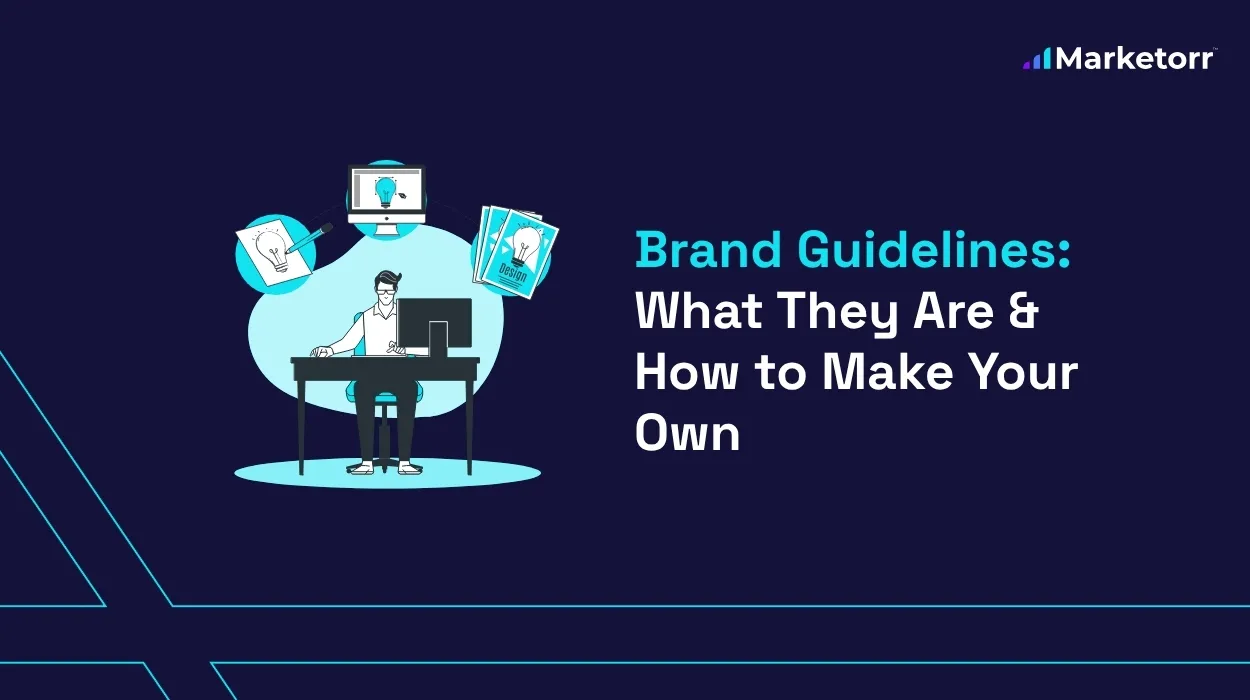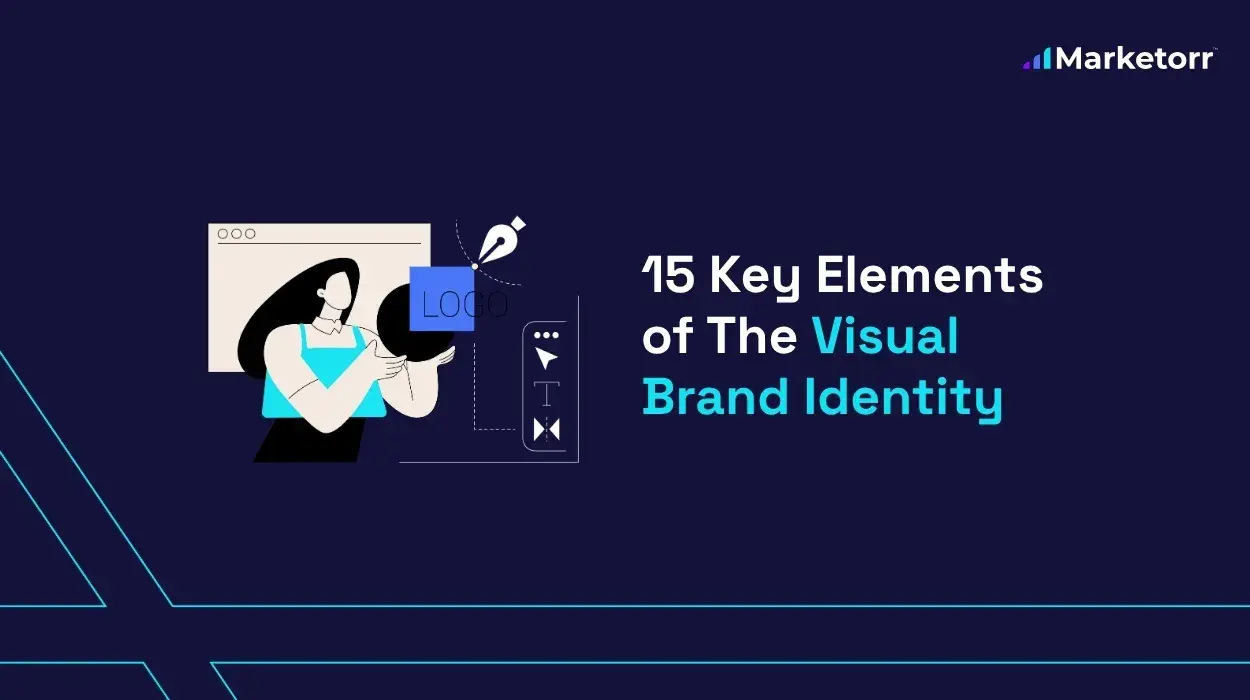If you run a business today, let me ask you something.
When was the last time you searched for a product or service in the newspaper’s advertisement part? Or waited for a flyer before deciding where to eat dinner? Chances are, you don’t even remember. It’s because like most people, you grab your phone, type into Google, scroll through Instagram, or ask a friend on WhatsApp.
That’s exactly why digital marketing isn’t just “nice to have” anymore. It’s how you show up in front of the right people, at the right time, and in the right way.
In this blog, I’ll guide you on 10 powerful reasons why digital marketing is so important for businesses today.
Let’s break it down together point by point!
10 Reasons why digital marketing is important for businesses
- Wider audience reach
- Low cost compared to traditional marketing
- Precise targeting of customers
- Measurable results with analytics
- Higher lead conversion rates
- Better customer engagement
- Stronger brand awareness
- Flexibility to adjust campaigns anytime
- Competitive Advantage
- Content Personalization
1. Wider audience reach
As of February 2025, 67.9% of the global population are active internet users. That’s billions of people just a click away.
This reach doesn’t just mean more eyes, it also means more opportunities to build awareness and establish credibility. It helps you stay relevant in an increasingly competitive market.
With every digital campaign, you create touchpoints with people at different stages of their buying journey.
And because the internet never sleeps, your brand is discoverable 24/7, giving you a constant presence in front of potential customers worldwide.
You can show up where people already spend their time like scrolling social feeds, searching on Google, or watching videos and make your brand part of their daily digital habits.
2. Low Cost Compared to Traditional Marketing
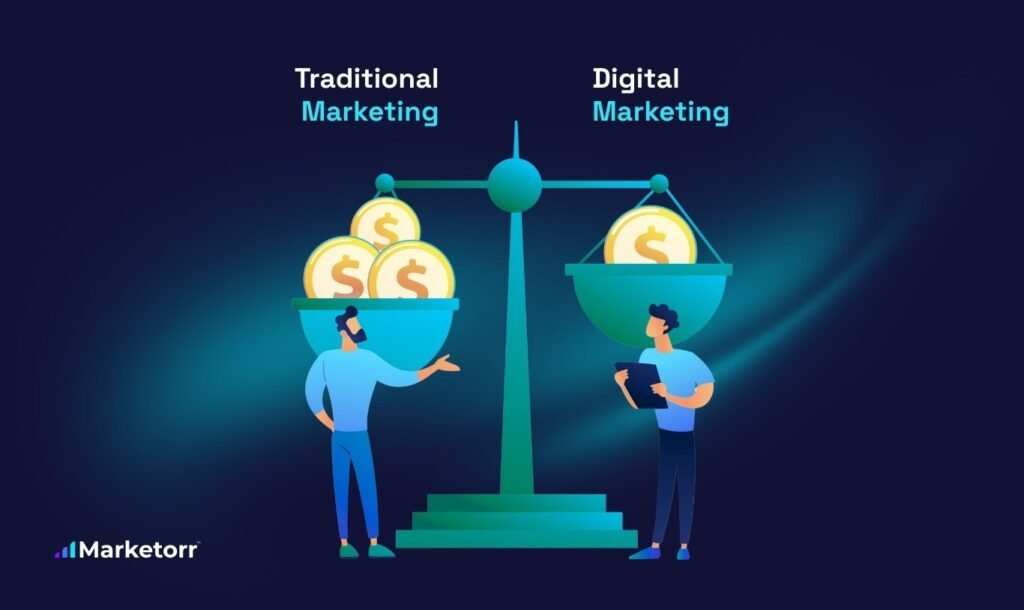
One of the hardest realities of business is working with limited budgets.Traditional advertising like billboards, TV spots, radio slots etc burns through money fast, often without measurable returns. Digital marketing changes that dynamic completely.
You can start with a small budget and still run campaigns that reach thousands of relevant people. What makes this more cost-efficient is accountability.
Every cent spent can be tracked, analyzed, and adjusted. One interesting thing is, on average, businesses earn $5 for every $1 spent in digital marketing. Email marketing alone yields up to 3600% ROI.
Here another fun part is, instead of pouring money into a campaign and waiting weeks to see if it worked, you can see results in real time and reallocate your budget instantly. That kind of control simply didn’t exist before.
3. Precise Targeting of Customers
One of the biggest advantages of digital marketing is how precisely you can decide who sees your message.
Instead of casting a wide net, you can narrow in on people who match the exact profile of your ideal customer. Age, location, and gender are just the basics.
You can also target by interests, behavior, past purchases, and even real-time search intent.
This level of targeting means your campaigns are not just reaching more people but reaching the right people. You can show up exactly when someone is already curious, comparing options, or ready to buy.
That’s why precision is so powerful, it saves you from wasting time and money while giving your audience content that feels personally connected to them.
And when people see something that speaks directly to their needs or desires, they’re far more likely to engage, click, or convert. It makes a campaign truly effective.
4. Measurable Results with Analytics
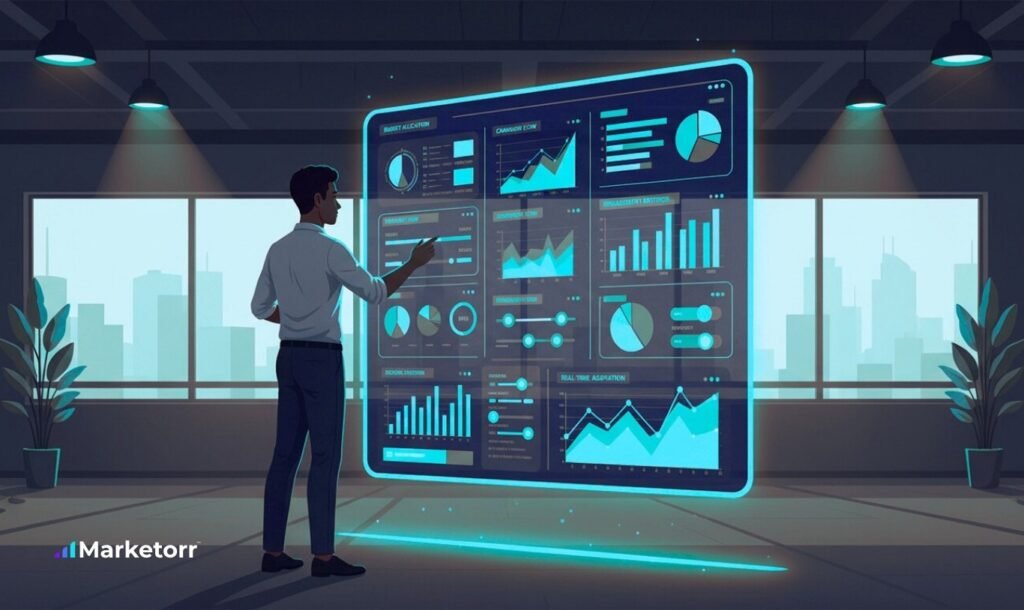
Another game-changer in digital marketing is that every action can be tracked. You can see exactly how many people viewed your ad, clicked on it, signed up, or made a purchase.
This way, it’s no longer a guessing game and you have real numbers showing what’s working and what’s not.
This data transforms your campaigns into a constant feedback loop. Instead of just running ads and hoping for the best, you’re learning with every click and conversion.
Over time, these insights help you fine-tune your message, allocate your budget more wisely, and double down on what drives results.
In the process, you’re not just promoting, you’re learning. Each campaign teaches you what your audience responds to and where your money makes the most impact. These insights compound into sharper strategies and stronger returns.
5. Higher Lead Conversion Rates `
Reaching people is only the first step. What really matters is turning that reach into results like sales, sign-ups, or other meaningful actions. Digital marketing is designed for this because of how precise and timely it is.
When your message lands in front of someone who’s actively considering your type of product or service, the likelihood of conversion is naturally higher.
And because digital platforms allow you to track and optimize campaigns in real time, you can refine your approach continuously.
You can see your impressions, clicks, conversions with tools like Google Analytics, Facebook Insights, etc. This isn’t about pushing harder; it’s about aligning your efforts so well that conversions happen more smoothly and consistently.
6. Better Customer Engagement
The era of one-way communication is gone. Now people don’t just want to hear from brands, they want to interact with them.
Online digital marketing makes this possible through social media, emails, chats, and even personalized website experiences.
Today, engagement isn’t just about replying to comments or sending newsletters. It’s about fostering a relationship.
Digital marketing, particularly through content, SEO, and email, often generates 3-5x more leads per dollar spent than traditional advertising.
On top of that, when customers feel heard, responded to, and valued, they’re far more likely to return and recommend you.
That sense of connection is what transforms transactions into loyalty. And loyalty, as every business knows, is worth more than any one-time sale.
7. Stronger Brand Awareness
Digital marketing plays a crucial role in building strong brand awareness because as mentioned earlier, it puts your business where people are already spending their time and money online.
Through search engines, social media, email, and other digital channels, you can consistently show up in front of your audience, making your brand familiar and memorable.
The more visible and consistent your presence, the more trust and credibility you earn.
Over time, this repeated exposure doesn’t just help people recognize your brand, it positions you as a reliable authority in your industry.
In a world where consumers research and compare online before making decisions, digital marketing ensures your brand is always part of the conversation, turning awareness into preference and loyalty.
8. Flexibility to Adjust Campaigns Anytime
One of the biggest frustrations of traditional marketing is its rigidity. Once you’ve committed to a print run or a TV spot, there’s no turning back. Digital marketing strategy is the opposite because it’s flexible and responsive.
If a campaign isn’t performing, you can pause it, tweak the visuals, change the copy, or shift the audience; all instantly. If market conditions change, you can pivot your messaging in real time.
This agility not only saves money but also keeps you relevant and up-to-date in the digital arena. In a fast-changing digital landscape, the ability to adapt quickly is a massive advantage.
9. Competitive Advantage
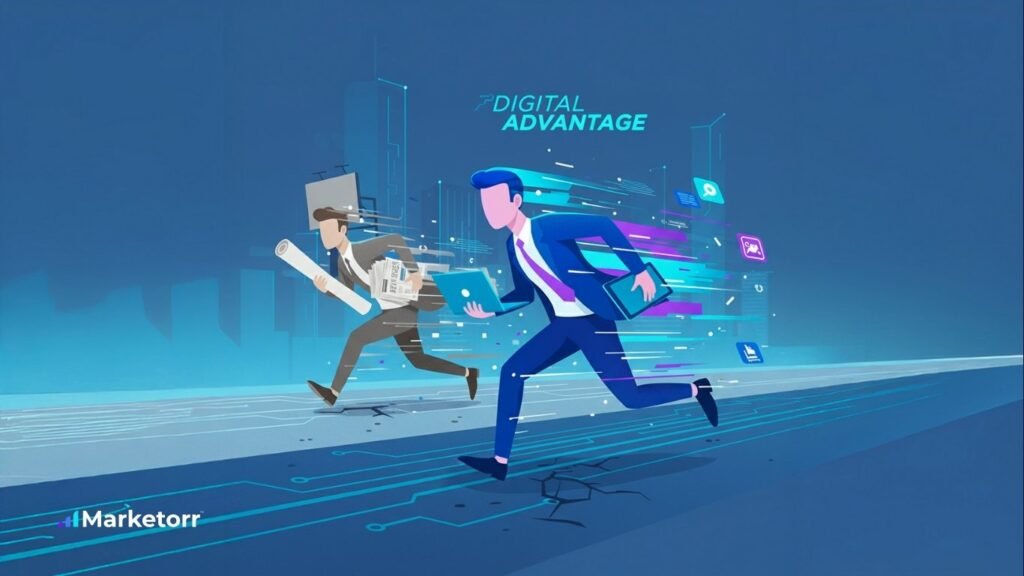
Here’s the simple truth. If your competitors are investing in digital marketing and you’re not, they’re capturing attention that could have been yours.
They are getting the clients and the leads you could be getting. This is why visibility is no longer optional, it’s a competitive necessity.
But it’s not just about being online; it’s about being strategic. Businesses that understand how to leverage data, personalization, and engagement effectively don’t just stay in the game. They lead it.
A strong digital presence sets you apart, positions you as credible, and ensures you’re not overshadowed by others in your industry.
10. Content Personalization
Modern customers expect more than generic messaging. They want to feel like the brand understands them. Digital marketing makes personalization possible at scale.
It doesn’t matter if it’s a tailored email campaign, customized offers or dynamic website experiences, you can create interactions that feel unique to each customer. This isn’t a small detail. It’s a major driver of trust and loyalty.
When people see content that speaks directly to them, they’re more likely to engage, convert, and stick around for the long term.
Global digital ad spending is projected to hit $734.6 billion by 2025. So you can tell, with digital marketing strategies you’re not just reaching more people, you get to reach the right people.
Want to know more about the importance of digital marketing?
Here’s the bottom line. Digital marketing isn’t just a trend anymore, it’s how businesses survive and grow.
With the right approach, you can reach the exact people who matter to your business instead of throwing money into guesswork. And the fun part is, it’s flexible and measurable. You can start small, track everything, and scale as you grow.
Marketorr a Digital Marketing Agency in Bangladesh, helps local startups grow from being completely unknown to becoming the go-to names in their markets.
We’ve also worked with established brands, helping them cut through the noise and stand out with a sharper, more powerful online presence.
With the right strategy, your business can reach the right people, build lasting connections, and achieve growth you can actually measure!
